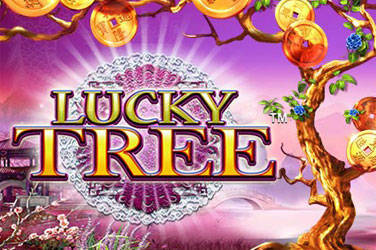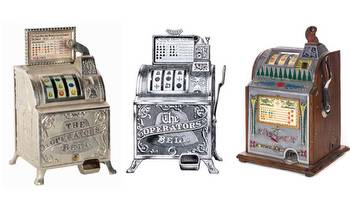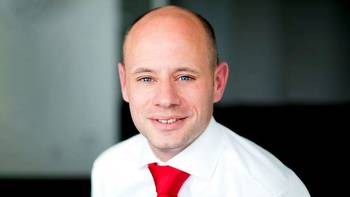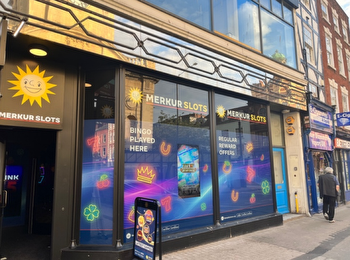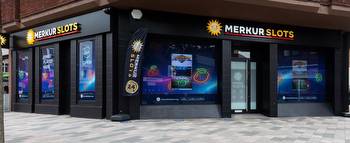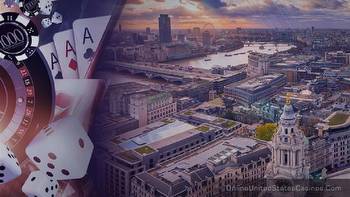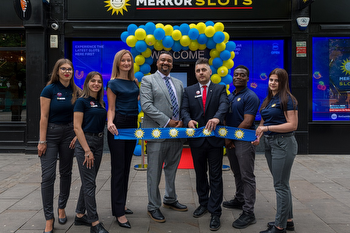The costly rise of the high street casino
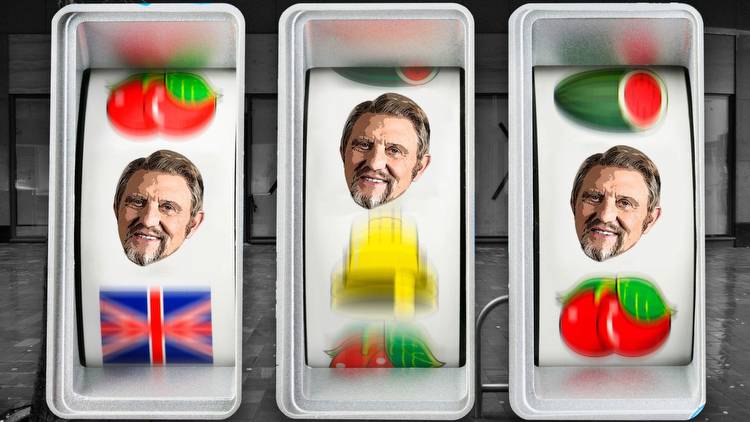
Holloway Road in north London has a 24-hour casino under the Merkur Slots brand – formerly known as Cashino – tucked between a Vodafone shop and one of what must be the city’s last few photo development shops. A few miles away, Bethnal Green also has a Slots, which sits between Daily Essentials and another unnamed but similar shop, its facade obscured entirely by clothes dryers, plastic containers, suitcases and numerous more basic goods.
As you might expect from shops operating on the high street, the inside is hardly the palatial, sculptured, high-ceilinged affair of the movies. There are no table games at all. Instead, there are two rows of glistening, modern gambling machines – or to use the industry euphemism, “gaming” machines – each with its own comfortable leather barstool, where players can spend up to £2 per spin.
The room extends about 20ft to the back, where there’s another small row of machines and, just visible, a cramped and unglamorous kitchenette, from which the staff – who range from aggressively friendly to uncommunicative and surly – will dispense tea, coffee, biscuits and snacks to those who have been pouring their money into the slots for long enough.
There are prize draws most days, and for occasional special events, cake and prosecco on offer. These 24-hour casinos might not have the glamour of their counterparts in Vegas, but they’ve got the same philosophy.
The outside world is almost completely obscured by heavily tinted windows, the light inside is low. For those who absolutely have to leave for a moment, there’s the option of putting up a notice to hold “your” machine for up to half an hour – keeping you on the hook for that tantalising proposition that maybe, just maybe, it’s the next spin that’s going to pay out the jackpot.
With the rise of online gaming, it might seem odd to be talking about high-street casinos, especially when they are so unassuming. And yet, behind the Slots brand is a pan-European gambling giant, with almost €2bn (£1.74bn) a year in revenue, hundreds of millions in profits, and a huge grip on the sector.
The umbrella brand behind Slots and Cashino is Merkur, the creation of an 89-year-old German named Paul Gauselmann and his business empire, the Gauselmann Group. His company makes the machines, designs the games, and operates the casinos.
Gauselmann is credited as something of a father of the modern gambling industry. Known for his trademark sartorial style – he is rarely pictured in anything but a three-piece suit, complete with tie and waistcoat – the octogenarian still works 40-hour weeks (down from 80 hours) and plays tennis two to three times every week, too. He founded his company in 1957 – after working as a telecoms engineer – and in its early years, worked as a jukebox installer.
Gauselmann invented the idea of the modern small casino in Germany in the mid 1970s, and designed and launched his own slot machine by the end of that decade. He continues to serve as chairman of Merkur, which also employs all four of his sons.
Gauselmann has more than once publicly griped about the heavy regulation of his industry – especially variations on the rules across Europe and even in Germany itself. Gauselmann claims that slot machines are one of the least addictive forms of gambling (experts disagree) and unfairly bear the burden of regulatory enforcement.
He complains that cracking down on legitimate outlets like his will lead to a boom in illegal gambling – though how is unclear – and denies that his outlets encourage problem gamblers. In 2019, he told an interviewer: “Of course, some people play beyond their means, I don’t want to deny that. But it is a very small percentage of our visitors.”
The Gauselmann company runs not only the mini-high street venues but also some of the larger, more conventional places, and has even taken over some of the former state-owned casinos in Germany itself. It boasts of having “over 225 high street bingo and adult gaming centres across the UK”, of which 110 are open 24 hours a day. Merkur is opening its first British casino in Aberdeen.
Merkur also designs slot machine-style games for online casinos (which it also operates), but it clearly sees a future in real-world gaming, as the Slots brand is expanding. An increasing number of its casinos have 24-hour licences, leading to the strange situation in which there might be nowhere to drink or dance at 3am, but places to gamble are still open, right on your doorstep.
The machines, called “cabinets” in the trade, are high-end stuff: the Avante Trio – “the latest and most sophisticated upright gaming cabinet from Merkur Gaming” – features three separate 27” screens, rainbow LED lighting, and even a built-in wireless phone charger. You need never step away.
The games are similarly elaborate. Merkur has produced endless varieties with different bonus features or jackpots, many of them tailored to the Asian market, themed around red, lucky 8s, and similar motifs. Merkur makes around 50,000 cabinets a year.
Many people enjoy a game or two on a slot machine – I am certainly one of them, and still have a go in the pub from time to time. Indeed, thanks to knowing a “cheat” of sorts on one particular model of fruit machine during my time in the sixth form, I could routinely go out drinking each school night and leave with more money than I started with (which I put into my uni fund) – a vanishingly rare example of being able to gamble and “win”.
If you’re playing fair, though, the odds are that you won’t win. At their most generous, fruit machines pay out around 85% of what they put in, but some pay as low as 70%. This means that, if you put in £1 and it pays out £1, that counts towards its payout percentage, even though almost every gambler would put it straight back in.
The industry likes to note that most people who gamble do so for fun, and lose only what they can afford. That may be true, but the effects on those who become addicted can be devastating. Official figures suggest there are around 250,000 problem gamblers in the UK, and another two million at risk.
Problem gambling is highly likely to lead to severe financial difficulties, but is also associated with mental health problems, other addictions, domestic violence and a much higher risk of suicide. The government estimates between 200 and 500 suicides each year are connected to problem gambling. In comparison, there are around 600 murders a year in the UK.
This means that gambling imposes a huge cost on society – estimated to be at the very minimum a billion pounds a year – alongside the intangible stress and misery such problems cause. It is clearly in the public interest to consider what the spread of these casinos means.
As for who might become a problem gambler, it is depressingly easy to predict: people like me, at the age when I was defrauding fruit machines. Young adult men who have just recently become independent of their parental home are a particular high-risk group and can develop gambling issues that persist throughout adulthood. The 24-hour operation of Slots is a particular cause for concern – people who gamble from midnight to 6am are far likelier to have problematic gambling habits than those who pop in during the day.
It is not scientific – it never could be – but looking at the Google Maps “how busy is this place” indicator for a selection of around a dozen 24-hour Slots branches suggested that the number of customers, several times a week, peaked in exactly those late night/early morning time slots when visitors are likely to be drunk (which disinhibits control over impulses like gambling), and the time most associated with problem gambling.
The industry likes to paint itself as keen to serve casual gamblers, and keen not to serve problem gamblers – and to provide them with help. Those are reassuring words, but Slots’ actions, like much of the rest of the industry, suggest the exact opposite. Campaigners go so far as to argue that there would be no gambling industry without problem gambling.
That cosy, timeless atmosphere inside the casino speaks more to this than almost anything else. The outside world is very purposely shut out – you can’t see the street, and most casinos don’t have any visible clocks. Once you’re inside, you’re in a cocoon, away from the real world and all the problems that come with it.
Those problems include your bills, the money you need to do your shopping, or pay your phone bill – what is the point of cutting someone off from the world if not to separate them from the reality of their financial situation and obligations?
The UK’s economy, post-Brexit, is in about as shaky a spot as you can get – made all the worse by the cost of living crisis. Hospitality is struggling to get by, with restaurants and pubs disappearing at an alarming rate: six restaurants a day are failing so far this year, and two pubs a day are closing their doors for good.
The high street is also struggling – when even a well-liked bargain chain like Wilko’s can’t find a buyer, you know you’re in crisis. Yet Slots and its parent company are in the ascendant.
What does it say about Britain when the only sector that seems to be growing is gambling, an industry that specialises in taking your money and giving you nothing in return?
For help with gambling problems, contact begambleaware.org or samaritans.org. You can contact Samaritans by telephone (free) on 116 123







